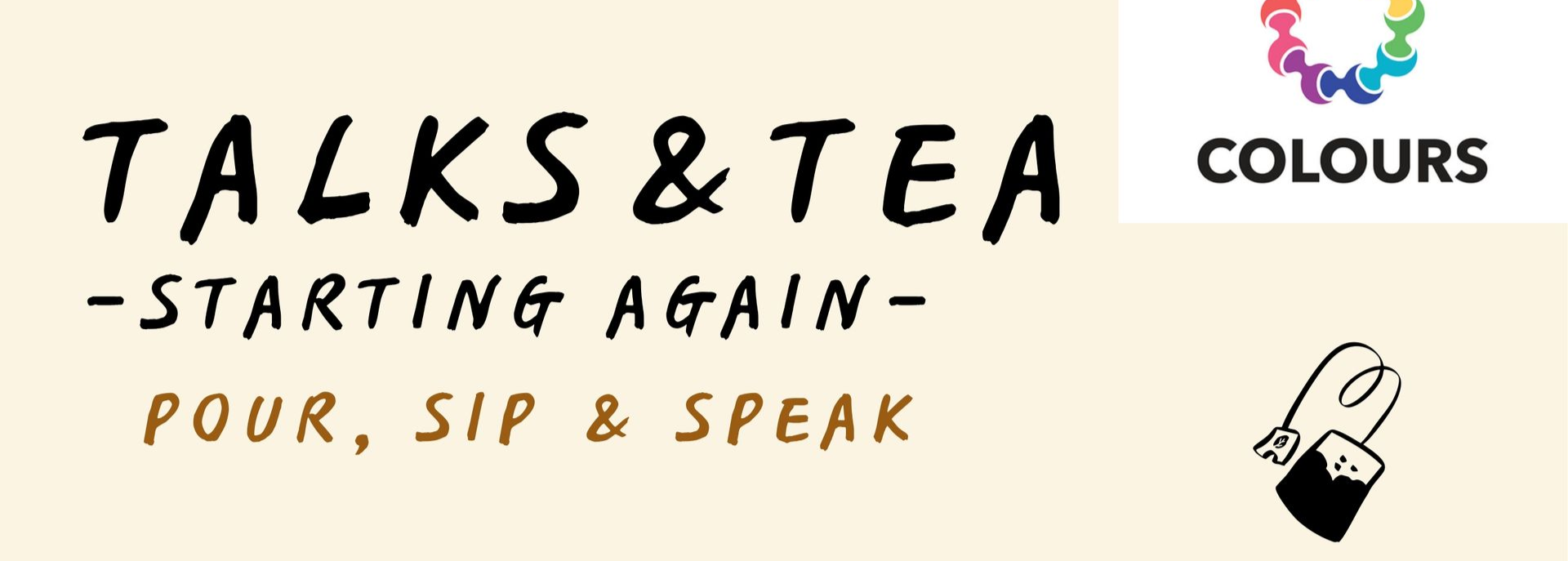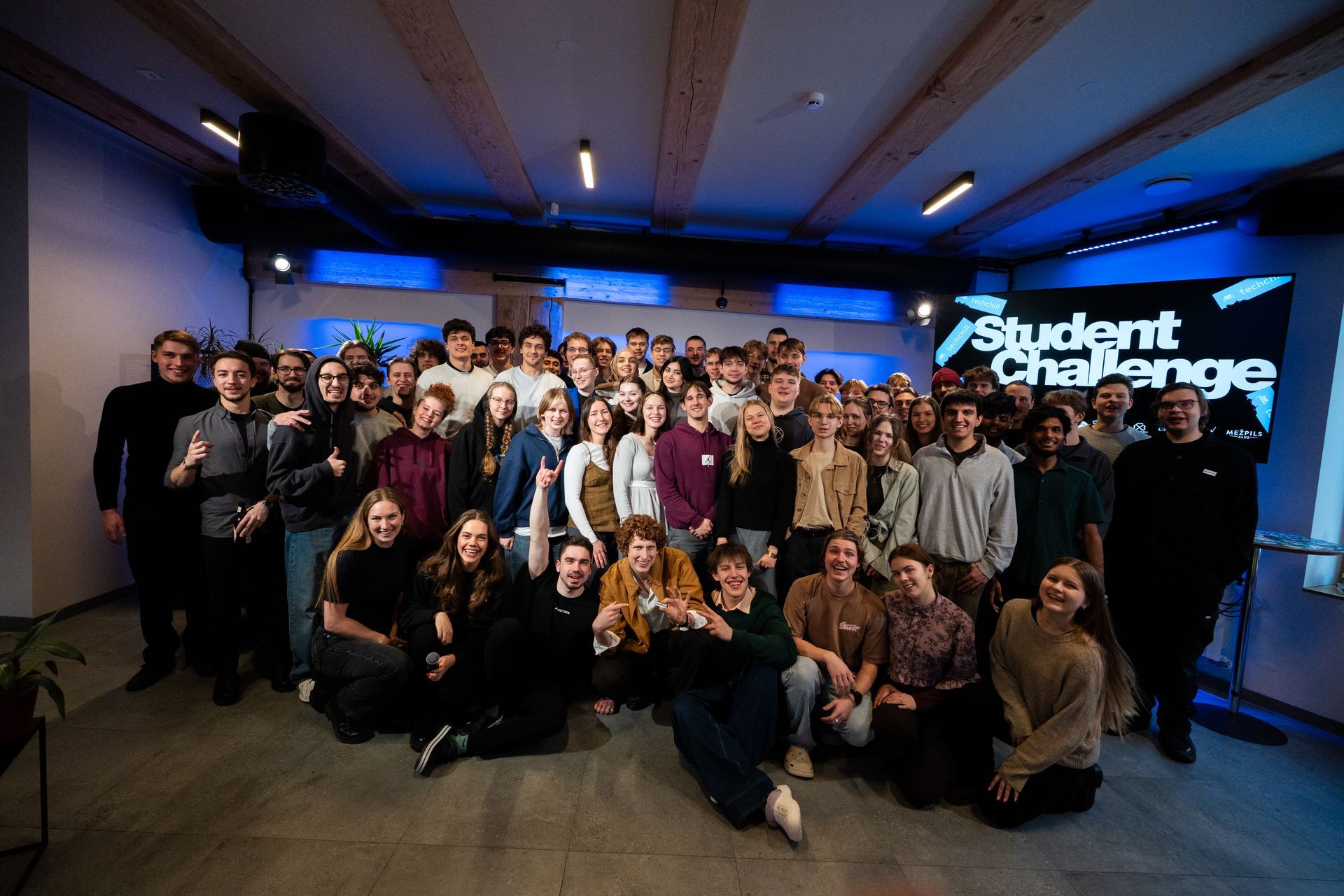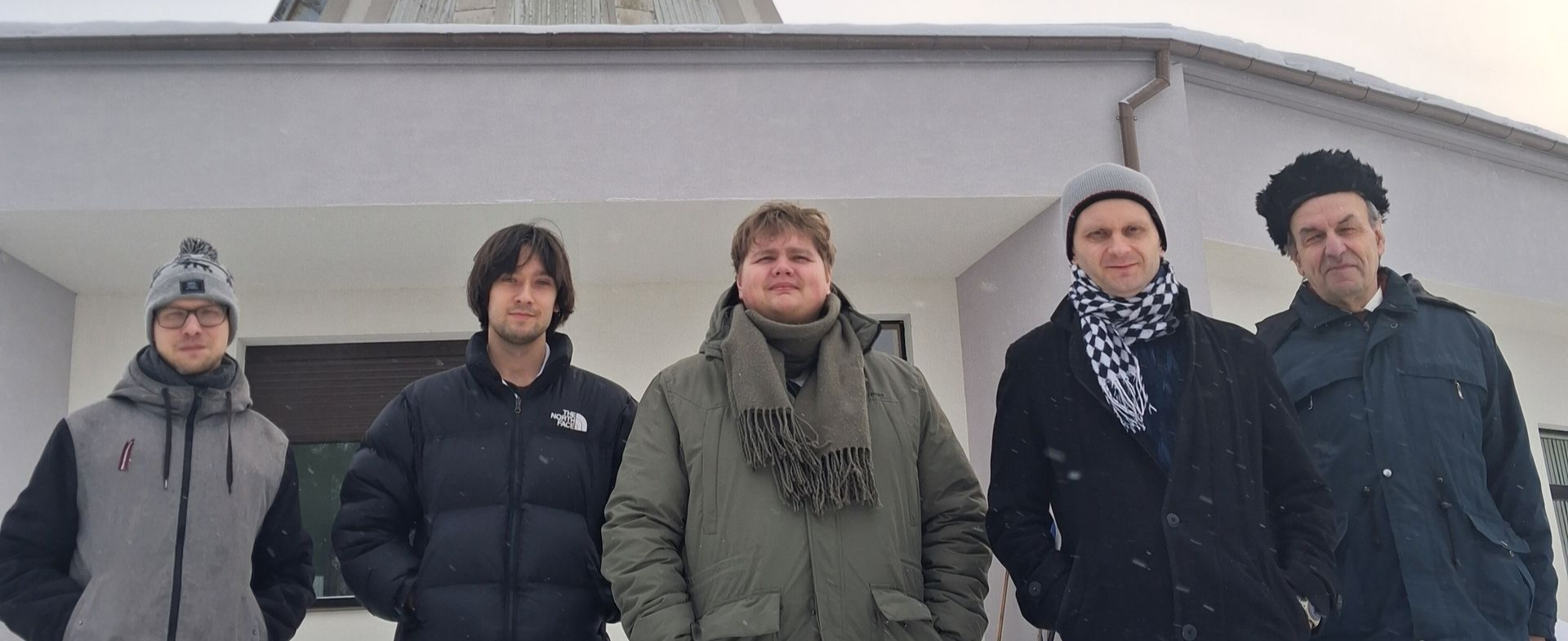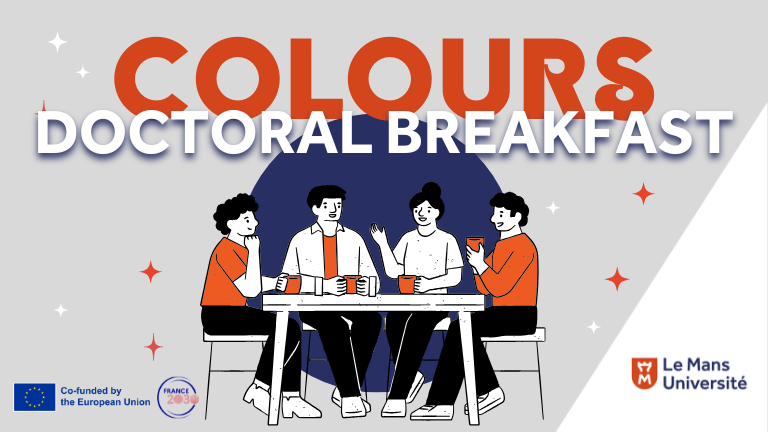We invite to create ideas for solving energy and waste problems in Latvia!
ESI's student innovation program in cooperation with partners - “Rimi Baltic”, “SEB banka” and AS "Eco Baltia" - invites high school and university students to participate in the Sustainability Challenge from March 18 to 26 to create unique ideas for solving various challenges related to energy and waste issues.
The Sustainability Challenge is a hackathon-type competition in which, through various tasks, mentoring classes and other activities, participants will have to develop creative solutions to various issues related to energy production and use, waste reduction and proper management. High school and university students (at any level of higher education, in any specialty) can participate in the competition. Also, other interested parties who are motivated to offer solutions to sustainability issues are also invited to submit their ideas. It is possible to participate in the competition with an existing idea, as well as create it from scratch.
Challenge activities will be implemented in three phases. On March 18, there will be an opening event with a team and idea generation, so that each participant can get an accurate insight into the challenges, formulate their idea, create a team and present it. In the period from March 20 to 24, there will be online mentoring sessions, work in teams and face-to-face tours of companies representing the industry, where participants can get ideas for project development. On March 25 and 26, participants will meet with industry experts and relevant mentors for the development of the project, who will help to develop their idea more successfully, the event will take place on the premises of “Rimi Baltic” in Riga. On the last day of the challenge, the teams will present their solutions, which will be judged by a project jury made up of project partners. All activities will be held in English.
The partners of the challenge - “Rimi Baltic,” “SEB banka” and AS "Eco Baltia" - have prepared several topics for the creation of ideas based on real problem situations observed in the company's operation and society. An insight into the challenges prepared by our partners:
- AS "Eco Baltia" offers challenges in two areas related to circular economy in Latvia - promotion of sorting, recycling and recirculation of textile products, as well as recycling of used electronic devices.
Jānis Aizbalts, head of the environmental management sector of AS "Eco Baltia" and chairman of the board of SIA "Eco Baltia vide": "The circular economy is not new in Latvia either, but it should be moved faster on a national scale. As our experience in cooperation with young people and their representative organizations and educational institutions shows, pupils and students are the generation whose ideas are invaluable in implementing sustainability projects. We invite you to be active, participate in the challenge and make Latvia even greener, where waste is not a big mountain, but a resource to be used in the circulation of the market."
- The challenge prepared by “SEB banka” is related to the energy efficiency of buildings - the teams will be invited to find solutions that would help to significantly increase the proportion of renovated apartment buildings in Latvia, as well as the number of homes that undergo regular energy audits.
Viktors Toropovs, head of Sustainability Development: "Increasing the energy efficiency of existing housing plays an essential role in achieving the set goals of climate neutrality in Latvia by 2050. In addition to the creation of an appropriate state policy, the availability of funding and the decision-making of citizens, it is also important to find digital solutions and new products to promote the development of the field. The energy efficiency of houses helps not only to reduce the consumption of energy resources and improve the climate in the apartment but also to create an attractive environment in general, so everyone benefits.”
- Rimi Baltic has prepared challenges that invite to find solutions on how to reduce the use of plastic and reduce food waste.
Zanda Šadre, “Rimi Baltic” Corporate Responsibility and Communication Director: "Responsibility towards the environment is one of our top focus areas, therefore we are constantly searching for new solutions. On top of that, reduction of food waste and plastic use not only helps the environment, but it can also lead to cost savings for the customer, which is a great win-win in both aspects. We encourage teams to think from this perspective, and we believe that it will definitely bring results,” says.
Teams of competition participants will compete for valuable prizes. The first place will be awarded 3000 EUR, the second place - 2000 EUR, the third place - 1000 EUR, as well as partner prizes will be raffled off, which will help the participants to continue working on the development of ideas. The winners will be announced on March 26.
Registration and detailed info about challenges and the event itself can be found on the event website: www.challenge.esi-startup.lv/
The ESI Sustainability Challenge is supported by the ESI Student Innovation Program of the Stockholm School School of Economics in Riga, “RIMI Baltic”, “SEB banka”, AS "Eco Baltia" and the European Regional Fund. Project number: 1.1.1. 3./21/A/008.a. The event is supported by ESI program partner organisations: Art Academy of Latvia (LMA), Rezekne Academy of Technologies (RTA), Riga Graduate School of Law (RGSL), Civitta, TechHub, Riga TechGirls, LSUA, LETERA, LU CFI.
Follow ESI on social media for updates:
Facebook: https://fb.me/e/3mIwgHRYV
LinkedIn: https://www.linkedin.com/company/esidrosmigs/
Instagram: https://www.instagram.com/esi_sustainability_challenge/?igshid=YmMyMTA2M2Y%3D

Share on other platforms
Other news







